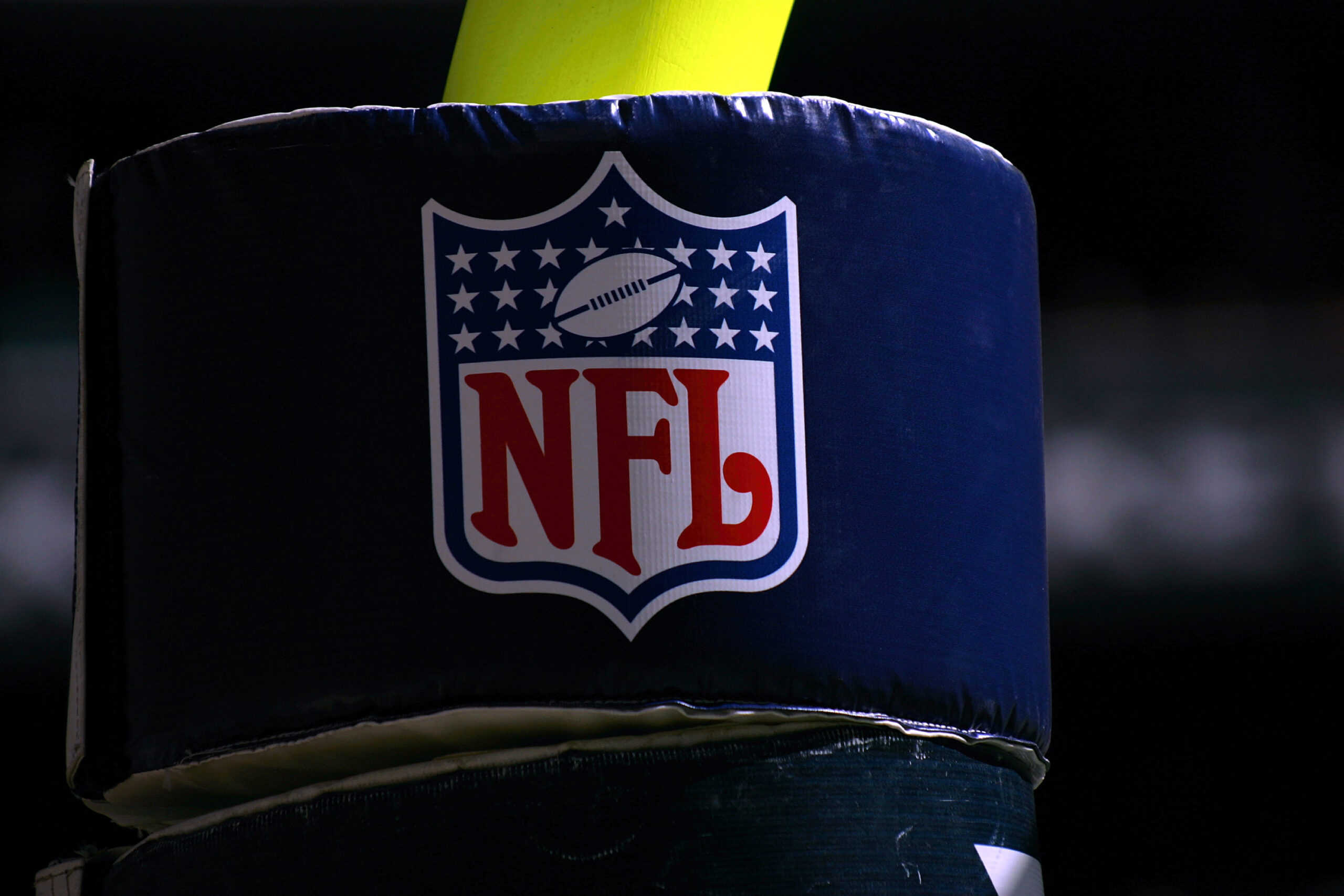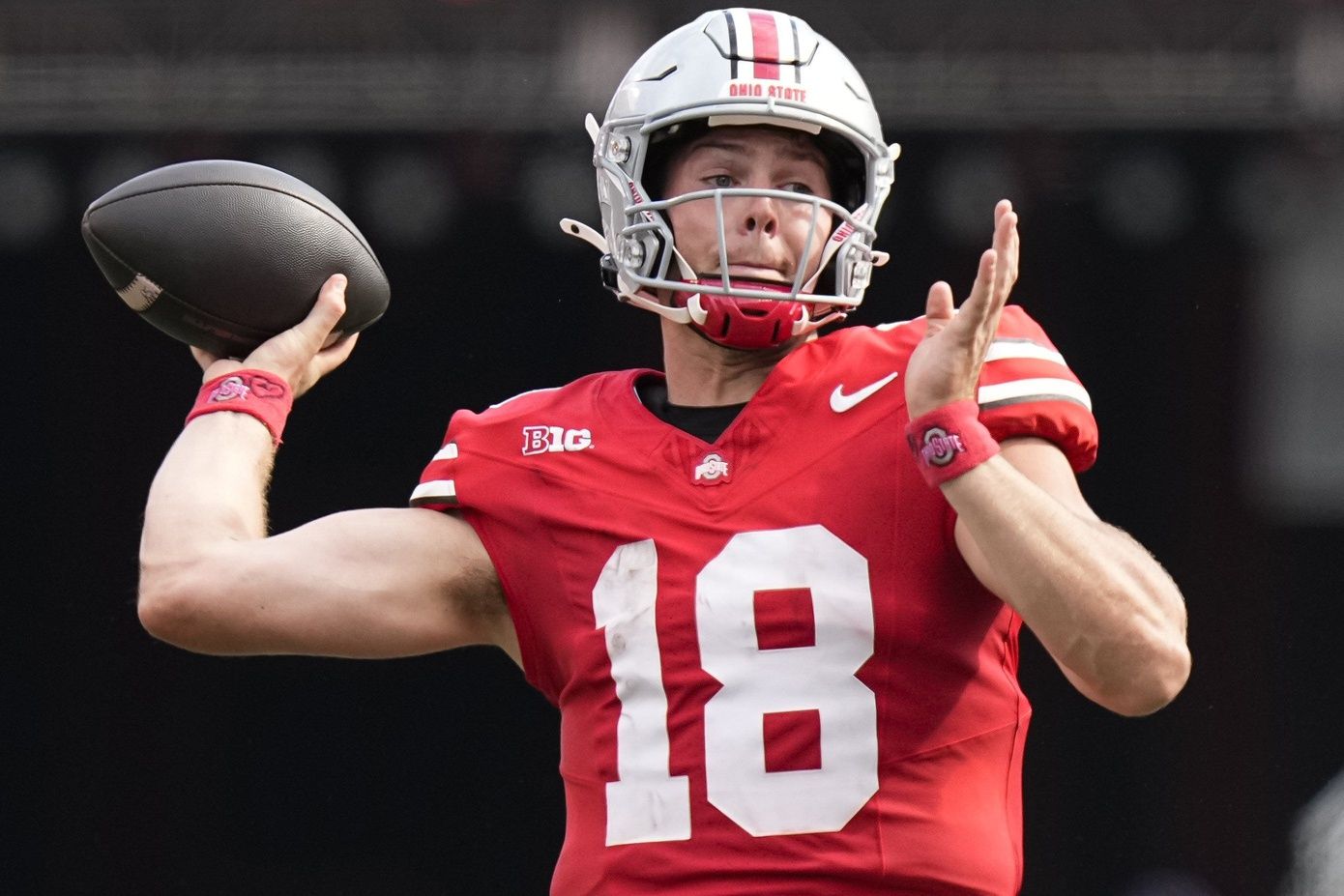[ad_1]
So Rivera’s departure was both necessary and unsurprising. The surprising part: just how bad his tenure was. For a franchise that has gone the better part of 30 years with at least recurring, if not consistent, coaching and front-office malpractice, Ron’s reign fits right in.
That’s true in results, which were dreadful and which we’ll get to. But it’s also true across nearly all aspects of the job — roster-building, staff-building, messaging, game management, all of it. The way this four-year slog petered to an end, with Rivera grasping for evidence to prop up his legacy during the week while standing passively on the sideline, arms folded, on Sundays.
This is not to pile on, because Rivera remains an upstanding, decent man, and what matters for Harris is not who was here but who will be, and what matters for the fan base is that someone other than Daniel Snyder will be doing the hiring. But when Snyder’s final coaching hire inherited a team that was bad enough to hold the second pick in the draft and departed four years later leaving a team that is bad enough to hold the second pick in the draft, isn’t it worth, for a moment, picking through the wreckage and asking, “Seriously?”
Going backward from where the [insert former team name here] were with Bruce Allen at the helm seems more difficult than a Simone Biles beam routine. But after Sunday’s season-closing 38-10 loss to the Dallas Cowboys, Rivera’s end result was taking the Allen-Jay Gruden-Bill Callahan-Snyder 3-13 mess and turning it into a Ron Rivera-Jack Del Rio-Martin Mayhew-Marty Hurney 4-13 … upgrade?
“I’d like to think we’re in a better place — probably a fair way to say it,” Rivera said during the week.
This falls into a pattern that defines the last couple of months of Rivera’s stay here, idle words that in no way resemble reality. It makes me, at least, rethink how I evaluated his answers from the first three seasons. He was the head coach of the team and the man responsible for assembling the roster, so it should have been safe to assume there was a plan and a strategy and organized, thoughtful consideration behind it all. The way it absolutely disintegrated in the end — and the way Rivera seemed to be detached from what was playing out in front of him — makes it fair to question whether any of those assumptions were true.
Rivera’s final record: 26-40-1 without a winning season. His final winning percentage: .396. The winning percentage of Gruden, the man he replaced: .418 with two winning seasons. Rivera fits right into the neighborhood in which he bought in 2020: Mike Shanahan, Jim Zorn and Steve Spurrier all at .375, Joe Gibbs 2.0 at .469, Marty Schottenheimer at .500, interims Bill Callahan and Terry Robiskie at .273 and .333, respectively.
(That’s the list of Snyder’s hires, by the way. Josh, we’re trusting you on this: The bar is low. Do better.)
Anyway. How, exactly, can Rivera argue he left the franchise in a better place than he found it?
“What we’ve done with the culture,” Rivera said before the Dallas game.
There was a time when that seemed like a reasonable, meaningful assessment. It was, in fact, a directive from his old boss.
“What the [former team name] have needed is a culture change — someone that can bring a winning culture to our organization,” Snyder said in his 96-second speech introducing Rivera in 2020. “It starts and ends with our head coach.”
But if there’s real culture change, it starts and ends with Snyder’s departure and Harris’s arrival. Turns out it says more about what Rivera inherited — a tawdry mess — than it does about Rivera that he was, at least in the building, an upgrade. The culture change that people care about: turning an annual loser into an annual winner.
Where, then, is a single tangible advancement? The quarterback when Rivera arrived was the late Dwayne Haskins. The quarterback as he departs is Sam Howell, whose future is murky. In between were Ryan Fitzpatrick, Taylor Heinicke and Carson Wentz. Those were the stabs at solving the sport’s most important position. Turns out they weren’t carefully and smartly assessed solutions. They were darts at a dartboard, nothing more.
More than that: Consider the roster Rivera inherited and the one he leaves behind. The offensive line had Brandon Scherff at guard, Morgan Moses at one tackle and Trent Williams under contract (though on the non-football injury list) at the other. Moses and Williams will start for playoff teams this month. Rivera’s Commanders? They all but threw together a line to play in front of Howell — essentially a rookie — in a make-or-break season.
The three players Rivera and his regime signed to long-term extensions — Terry McLaurin, Jonathan Allen and Daron Payne — were acquired before their arrival. His first-round picks were Chase Young, Jamin Davis, Jahan Dotson and Emmanuel Forbes Jr. Their fates, as of now: traded, injured, disappeared and benched.
Here’s the part where I normally would write, “What a mess.” Rivera’s four years were, and there’s no culture change that can disguise that.
But in picking over the carcass, this doesn’t have to be — indeed, it shouldn’t be — a pity party for the franchise and its fans. The day Josh Harris ended Ron Rivera’s career with his franchise is really the first true day of Harris’s ownership. There are five draft picks in the first three rounds. There will be north of $90 million in salary cap space. The last remnants of Snyder-era rot are gone. A world of possibility awaits.
[ad_2]
Source link
This website aggregates and curates news articles, blog posts, and other content from a variety of external sources. While we aim to link back to the original source, this site does not own or claim ownership of any articles, posts, or other content indexed on this site. The views, opinions, and factual statements expressed in each piece of aggregated content belong solely to its respective author and publisher. We make no representations or warranties regarding the accuracy or completeness of aggregated content. Visitors are advised to verify facts and claims through the original source before reuse or redistribution.



